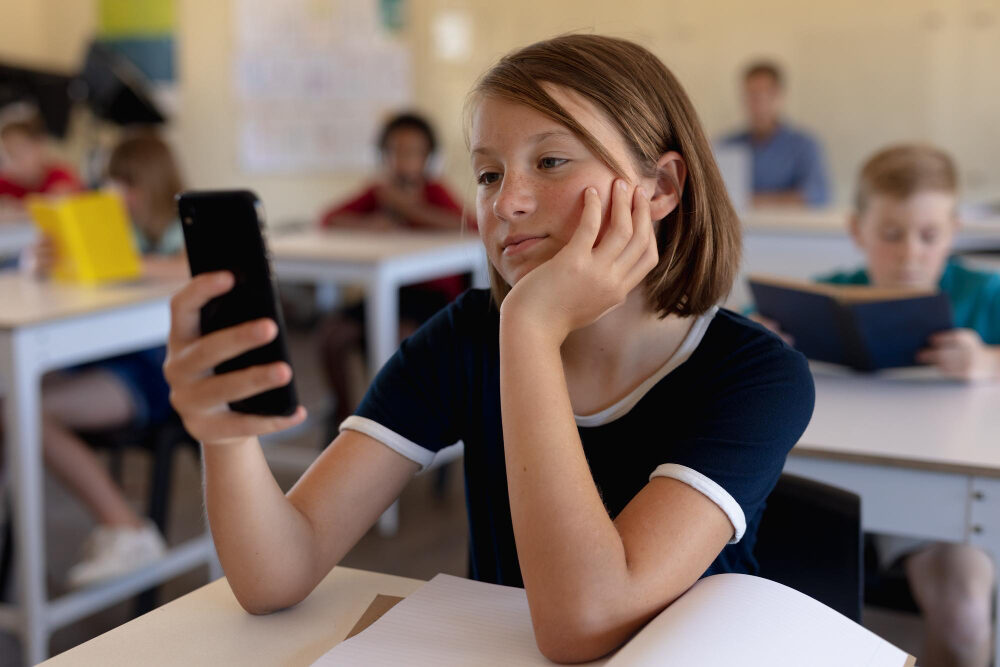South Korea is taking a bold step to address what many parents and teachers see as a growing crisis—smartphone and social media overload among students. Beginning March 2026, mobile phones and other digital devices will be officially banned inside classrooms nationwide, unless they are required for learning or accessibility support.
Why the Ban Matters
Nearly every student in South Korea owns a smartphone, and many admit they are deeply affected by constant connectivity. A significant number report feeling anxious when unable to use their phones, while others show up to class tired after late-night scrolling sessions that stretch past midnight. Educators have voiced concern that excessive phone use is damaging mental health and reducing attention spans.
Benefits Beyond Silence
Similar restrictions in other countries have already shown positive results. Studies reveal that students demonstrate stronger concentration and greater participation in lessons when classroom phone use is limited. Experts also note that this shift encourages young people to see devices as tools rather than distractions, creating healthier digital habits over time.
The Hidden Costs of Overuse
Heavy reliance on phones has been linked to eye strain, poor posture, sleep disruptions, anxiety, depression, and shortened attention spans. There’s even a term for the growing fear of being without a device—“nomophobia.” In the classroom, the problem goes beyond health: phones enable cheating, disrupt lessons, and reduce critical thinking when answers are always just a tap away.
More Than Just Rules
A ban on its own won’t solve everything. Schools need to provide meaningful alternatives that fulfill students’ natural desire for connection and engagement. Activities like sports, arts, memory games, or group projects can redirect focus in healthier ways and foster stronger bonds among students.
A Global Trend
South Korea is not alone in taking this step. Countries like Australia, France, Brazil, and the Netherlands have all introduced policies limiting or banning phone use in schools. With encouraging results emerging, more governments are recognizing that setting digital boundaries inside classrooms can help protect student well-being and boost academic outcomes.















